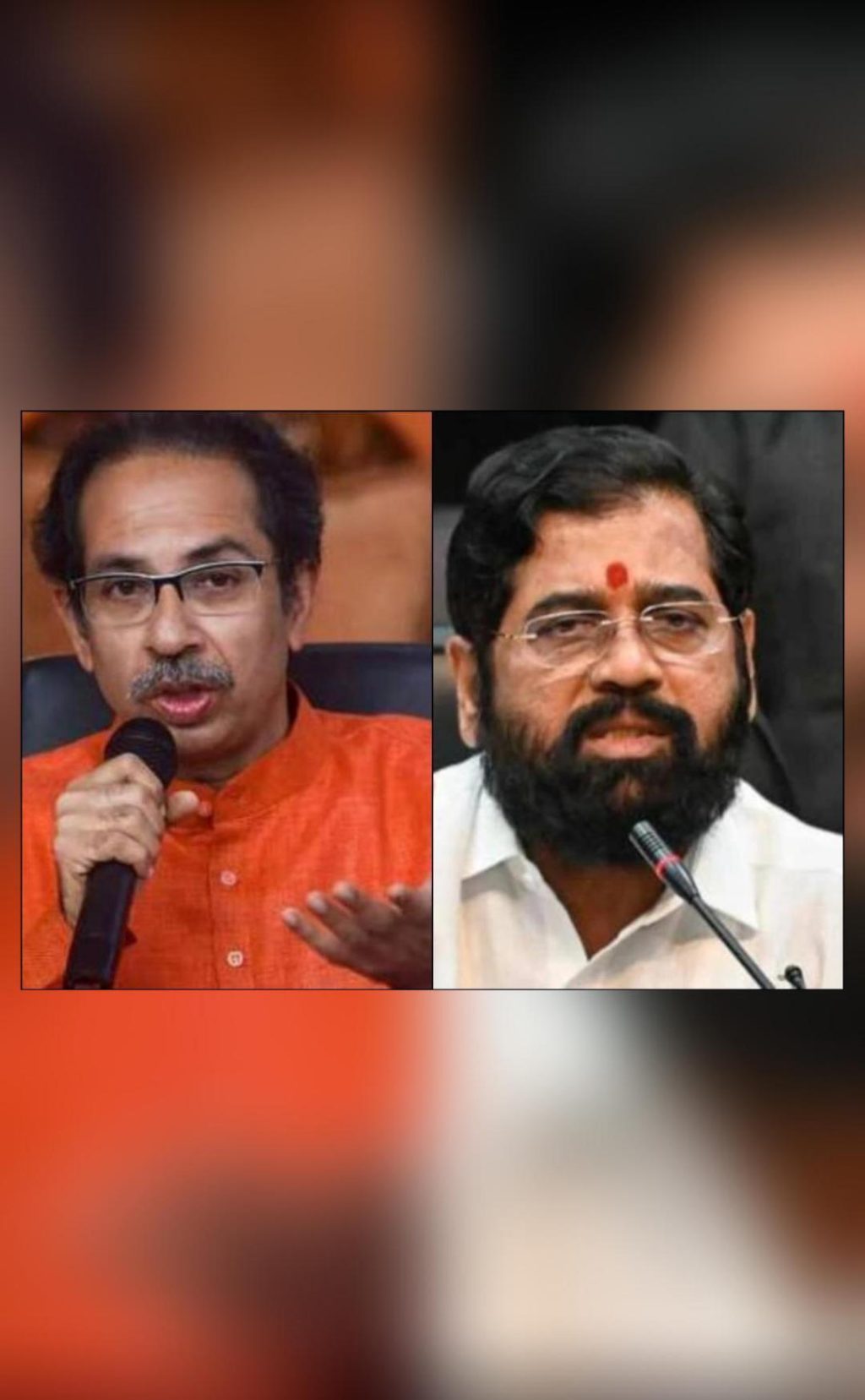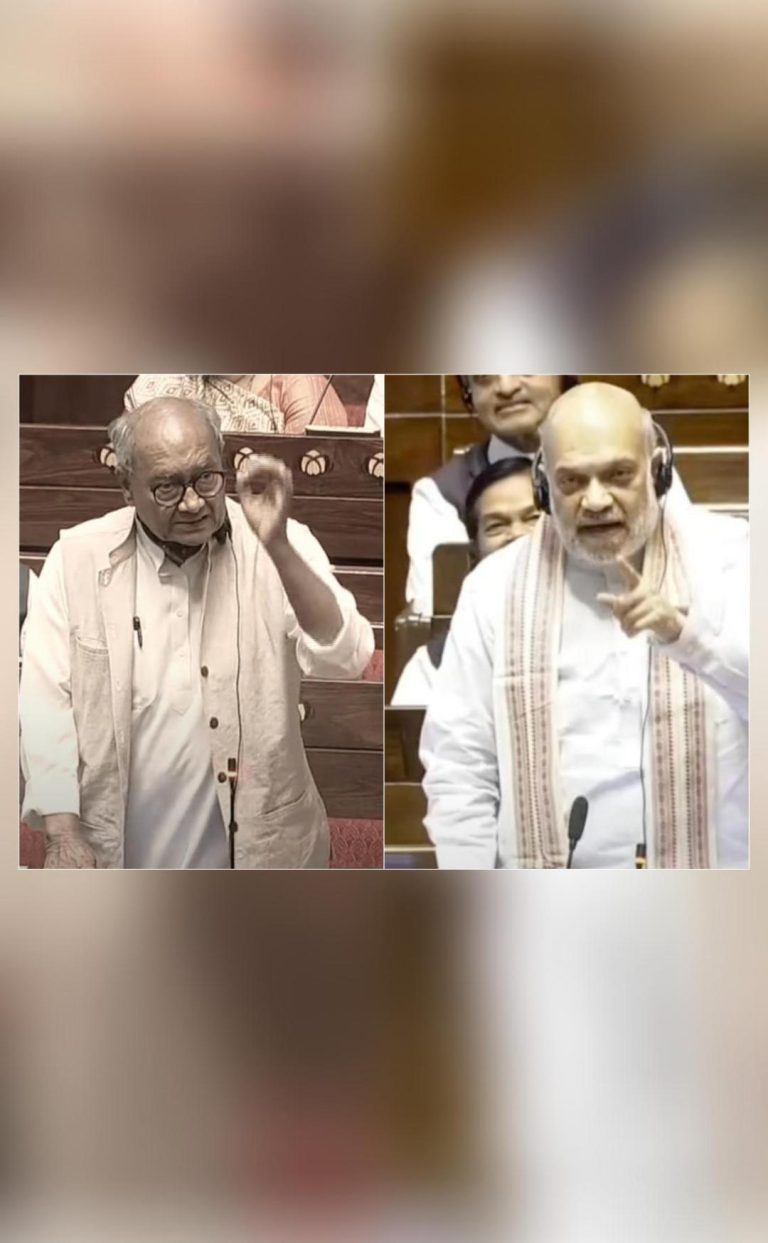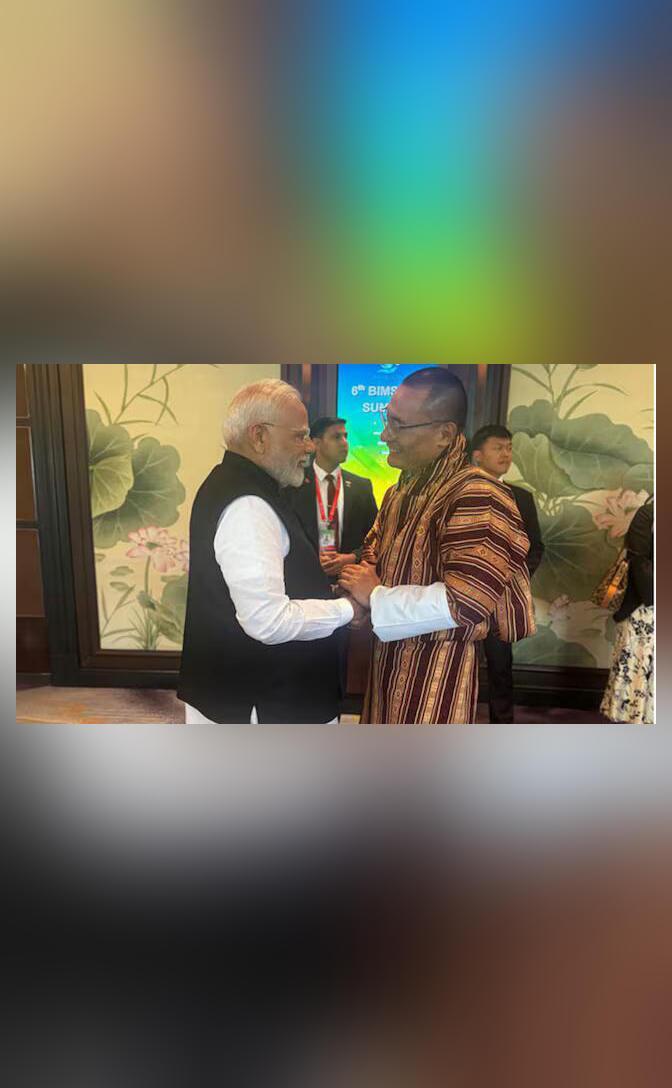
Title: Uddhav turned his back on Hindutva by opposing Waqf Bill: Shinde
In a scathing attack, Maharashtra Chief Minister Eknath Shinde has accused Shive Sena (UBT) chief Uddhav Thackeray of abandoning Hindutva and the ideals of his father, Balasaheb Thackeray, by opposing the Waqf (Amendment) Bill, 2025 in Parliament. Shinde’s comments have sparked a heated debate, with many questioning Thackeray’s commitment to the ideology that has long been a cornerstone of the Shiv Sena’s political platform.
The Waqf (Amendment) Bill, 2025 seeks to amend the Waqf Act, 1995, and provide for the registration of Waqf properties across the country. The bill has been cleared by Parliament, with a majority of lawmakers voting in favor of its passage.
Shinde’s criticism of Thackeray’s stance on the bill is not new. In the past, Shinde has been vocal about his disagreement with Thackeray’s views on various issues, including the Ram Mandir construction and the CAA/NRC. However, his latest comments are significant because they suggest that Shinde believes Thackeray’s opposition to the Waqf Bill is a betrayal of the principles that have guided the Shiv Sena’s politics for decades.
“Uddhav’s stance has not only exposed his ideological confusion but also cast a shadow over his political future,” Shinde said in an interview with a local newspaper. Shinde’s comments are a clear indication that he believes Thackeray’s opposition to the Waqf Bill is not only misguided but also a sign of weakness and lack of conviction.
Shinde’s criticism of Thackeray is not without basis. The Shiv Sena has always been a party that has prided itself on its Hindu nationalist credentials. The party’s founders, including Balasaheb Thackeray, have long been vocal about their commitment to Hindutva and the need to protect and preserve Hindu culture and traditions.
However, Thackeray’s opposition to the Waqf Bill suggests that he may be willing to compromise on these principles in order to achieve short-term political gains. The bill, which seeks to provide for the registration of Waqf properties, is seen as a significant step forward for the Muslim community, which has long been seeking greater recognition and protection for their religious and cultural heritage.
Thackeray’s opposition to the bill has been met with widespread criticism from within the Shiv Sena and among its allies. Many have questioned his commitment to Hindutva and his willingness to prioritize short-term political gains over long-term ideological principles.
Shinde’s comments have also sparked a debate about the future of the Shiv Sena and its role in Indian politics. The party has long been a significant player in Maharashtra politics, and its leaders have often been seen as champions of the state’s Hindu majority.
However, in recent years, the Shiv Sena has been facing significant challenges. The party’s leadership has been plagued by internal divisions and power struggles, and its electoral performance has been declining.
Shinde’s criticism of Thackeray’s opposition to the Waqf Bill is seen as a bid to reposition himself as the leader of the Shiv Sena’s Hindu nationalist wing. Shinde has been vocal about his commitment to Hindutva and has often been seen as a champion of the party’s traditional ideology.
However, it remains to be seen whether Shinde’s comments will have any significant impact on the Shiv Sena’s political fortunes. The party’s fortunes have been declining in recent years, and it remains to be seen whether Shinde’s criticism of Thackeray will help to revive its fortunes.
In conclusion, Shinde’s criticism of Thackeray’s opposition to the Waqf Bill is significant because it suggests that the Shiv Sena’s leader has abandoned the party’s core ideology. Shinde’s comments are a reminder that the party’s leaders must remain committed to its core principles and values if they are to remain relevant in Indian politics.
It is also a reminder that the Shiv Sena’s politics are not just about winning elections or achieving short-term political gains. The party’s leaders must be committed to its core ideology and must be willing to take tough decisions, even if they are unpopular, in order to advance the party’s goals.
Ultimately, Shinde’s criticism of Thackeray’s opposition to the Waqf Bill is a reminder that the Shiv Sena’s politics are not just about winning elections or achieving short-term political gains. The party’s leaders must be committed to its core ideology and must be willing to take tough decisions, even if they are unpopular, in order to advance the party’s goals.






